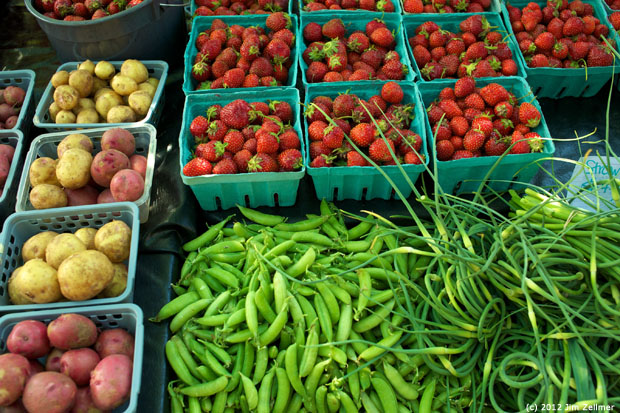For almost a century, the world of economics and finance has been dominated by randomness. Much of modern economic theory describes behaviour by a random walk, whether financial behaviour such as asset prices (Cochrane (2001)) or economic behaviour such as consumption (Hall (1978)). Much of modern econometric theory is likewise underpinned by the assumption of randomness in variables and estimated error terms (Hayashi (2000)).
But as Nassim Taleb reminded us, it is possible to be Fooled by Randomness (Taleb (2001)). For Taleb, the origin of this mistake was the ubiquity in economics and finance of a particular way of describing the distribution of possible real world outcomes. For non-nerds, this distribution is often called the bell-curve. For nerds, it is the normal distribution. For nerds who like to show-off, the distribution is Gaussian.
The normal distribution provides a beguilingly simple description of the world. Outcomes lie symmetrically around the mean, with a probability that steadily decays. It is well-known that repeated games of chance deliver random outcomes in line with this distribution: tosses of a fair coin, sampling of coloured balls from a jam-jar, bets on a lottery number, games of paper/scissors/stone. Or have you been fooled by randomness?
In 2005, Takashi Hashiyama faced a dilemma. As CEO of Japanese electronics corporation
Maspro Denkoh, he was selling the company’s collection of Impressionist paintings, including pieces by Ce?zanne and van Gogh. But he was undecided between the two leading houses vying to host the auction, Christie’s and Sotheby’s. He left the decision to chance: the two houses would engage in a winner-takes-all game of paper/scissors/stone.
Recognising it as a game of chance, Sotheby’s randomly played “paper”. Christie’s took a different tack. They employed two strategic game-theorists – the 11-year old twin daughters of their international director Nicholas Maclean. The girls played “scissors”. This was no random choice. Knowing “stone” was the most obvious move, the girls expected their opponents to play “paper”. “Scissors” earned Christie’s millions of dollars in commission.
Daily Archives: June 9, 2012
The Scene: Madison, Saturday, 9 June 2012




